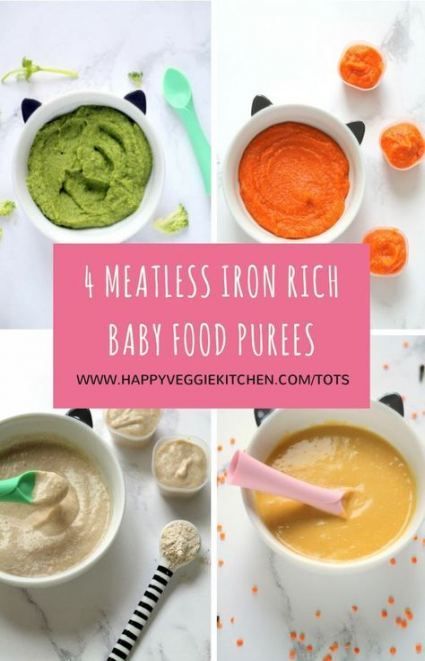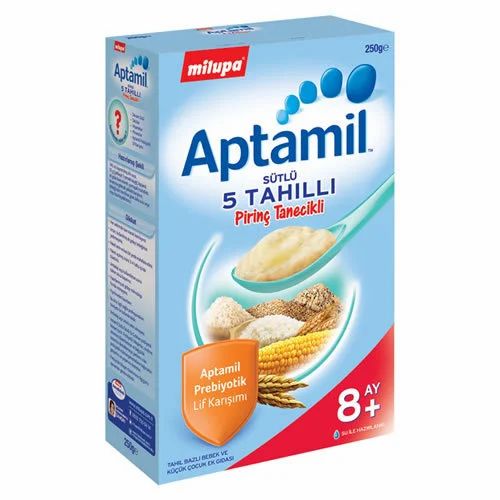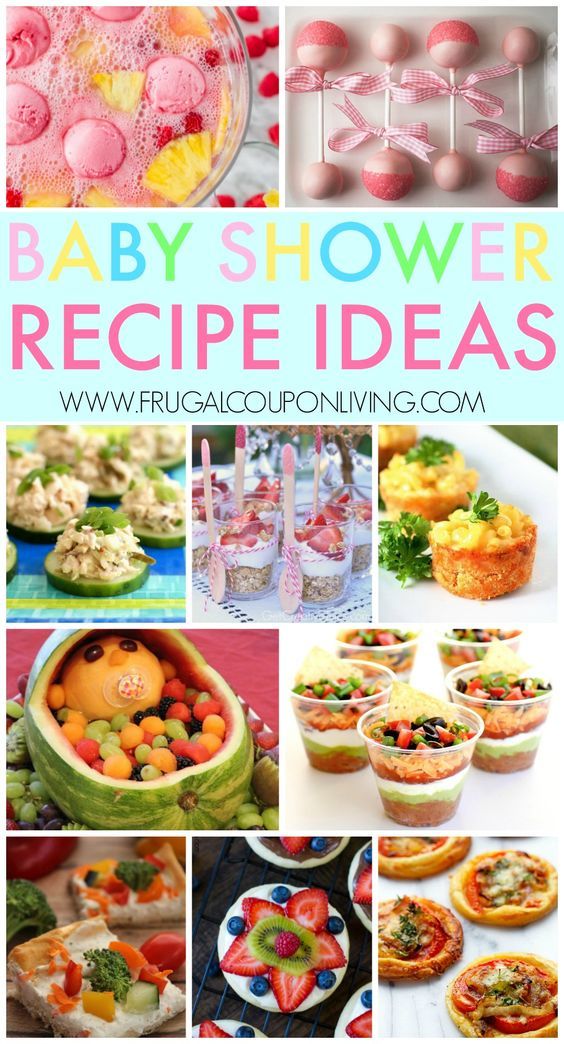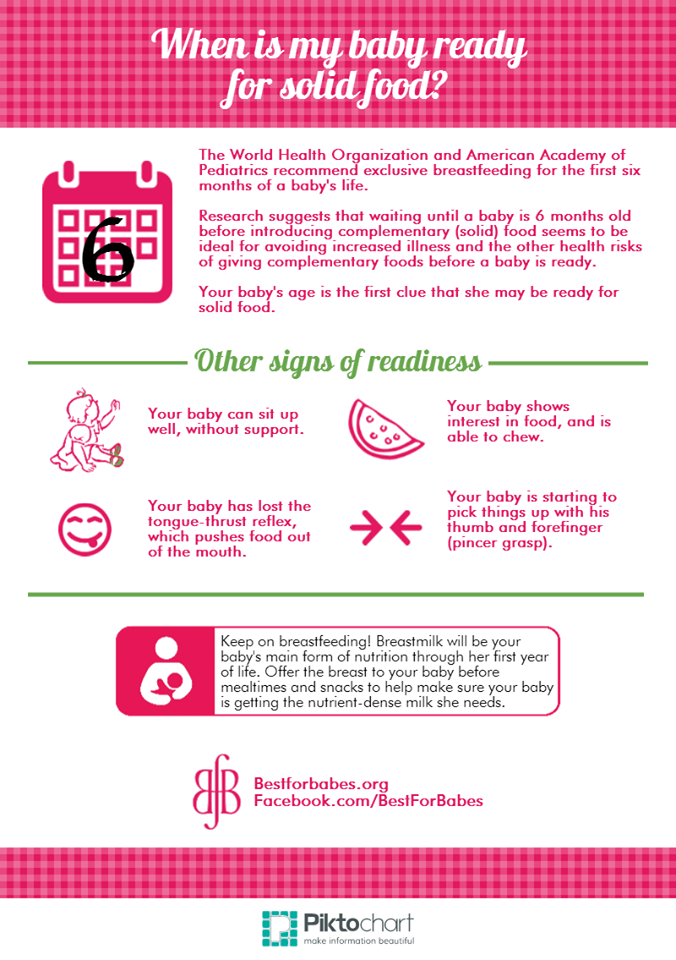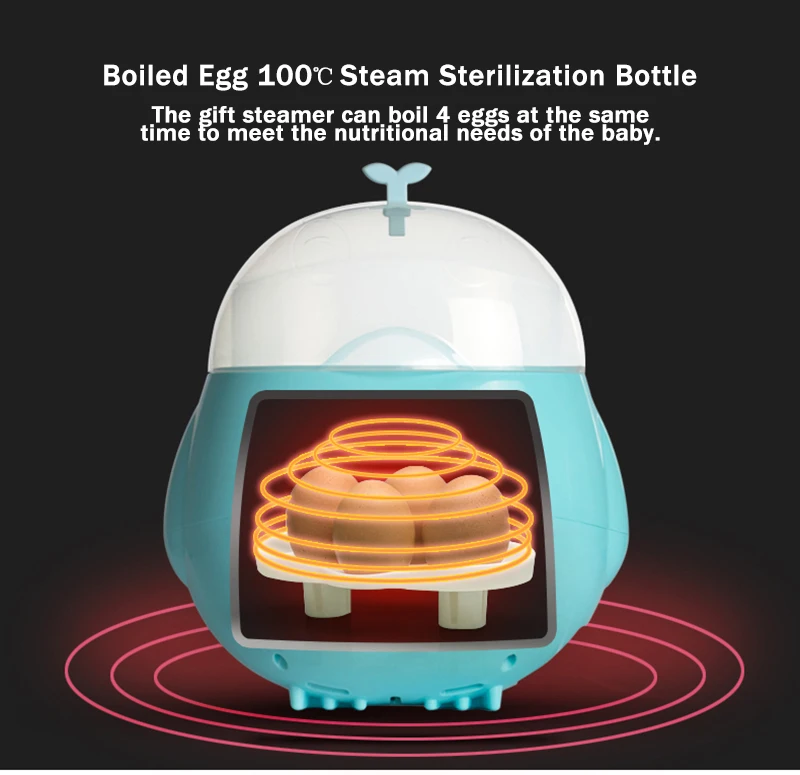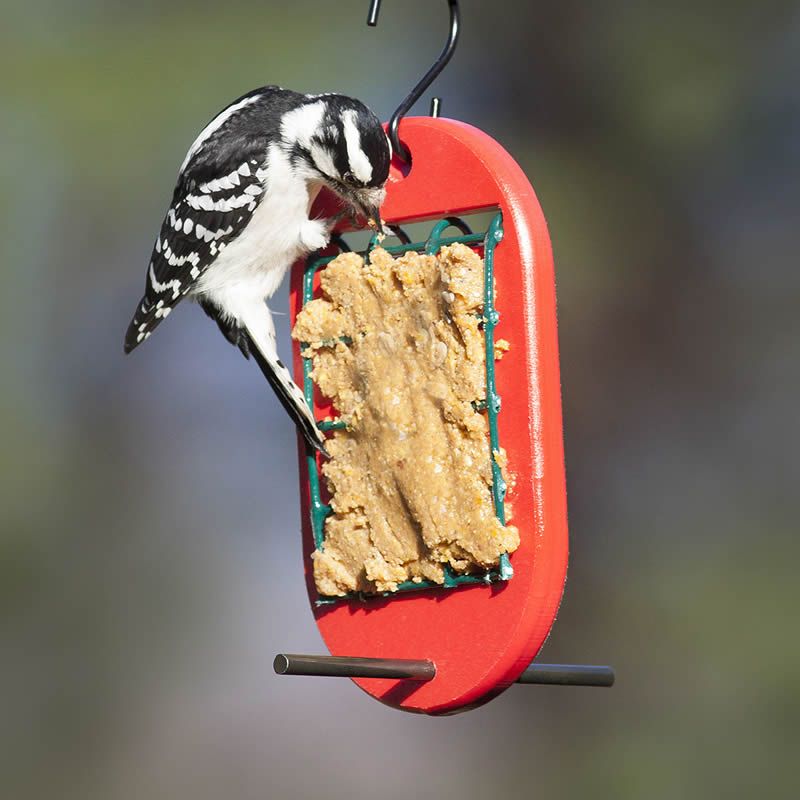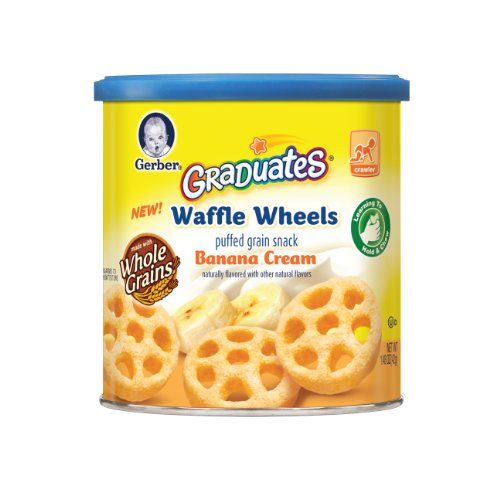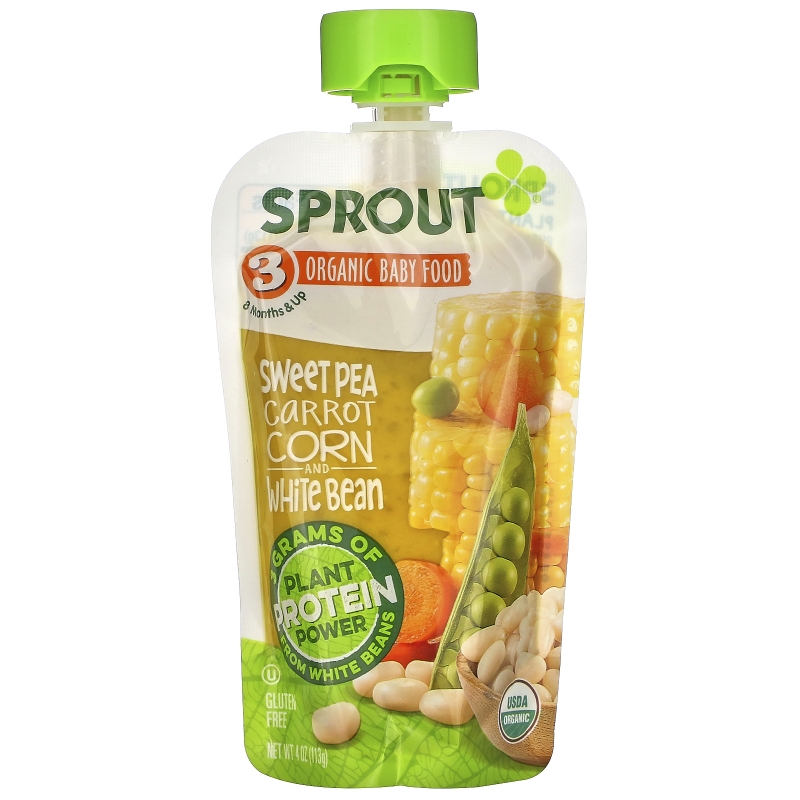Vegetarian baby food
Best vegetarian recipe ideas for babies
Weaning babies can get all the energy and most of the nutrients they need on a vegetarian – or mainly vegetarian – diet, as long they're eating a well-balanced variety of foods, including eggs and cheese.
As your baby starts to eat more solid food and progresses on to 3 meals a day, though, it's worth knowing that because a vegetarian diet can be high in fibre, you child could feel 'full' before they have taken in enough calories and nutrients. The NHS advice is to offer plenty of high-calorie foods, such as hummus or full-fat yoghurt and to include lower-fibre carbs, such as white bread and rice, alongside wholemeal bread and wholegrain rice.
Here's our pick of the best vegetarian recipes for babies...
1. Butternut squash and carroty mash with thyme
A velvety combo of carrot, potato and squash, with a delicate touch of thyme. Works equally well with pumpkin or swede, instead of squash. Suitable from 6 months.
2. Courgette, pea and kale puree
Three gorgeous greens, blended to a smooth and tasty veggie puree. Suitable from 6 months.
3. Sweet potato and basil puree
Fresh basil leaves add a slightly peppery edge to this sweet and simple puree. Suitable from 6 months.
4. Tom Daley's boiled egg and avocado soldiers
A quick, nutritious finger-food meal. If you can stop yourself nibbling it first... Suitable from 6 months.
5. Sweetcorn and sweet potato pasta sauce
A lovely, cheesy 3-veg (there's cauliflower in there, too) sauce that's super-tasty with penne or farfalle pasta. Suitable from 6 months.
6. Cheesy broccoli and cauliflower puree
A properly gooey veg-and-cheese combo. Makes enough for 6 portions. Suitable from 7 months.
6. Aubergine and red pepper curry
A mild chuck-in-the-pan-and-simmer, baby-friendly vegetable curry.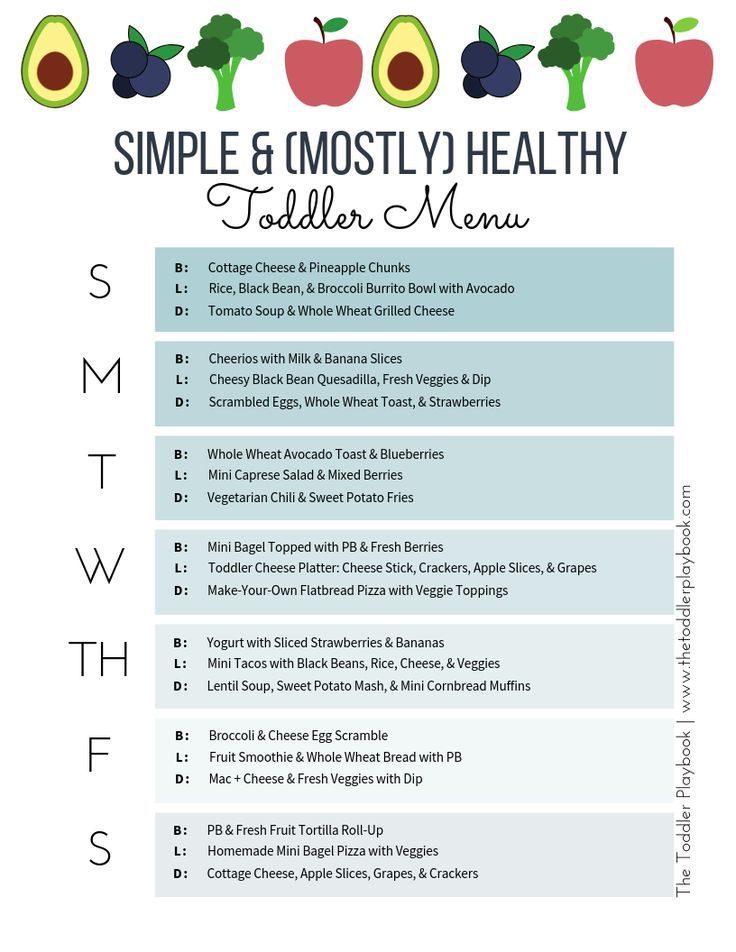 Suitable from 7 months.
Suitable from 7 months.
8. Risotto with butternut squash
A gently textured baby dish, with tomatoes and cheese adding flavour to the squash and rice. Suitable from 8 months.
8. Cheesy sweetcorn fritters
Just the right size for small hands, these tasty fritters are great for encouraging self-feeding. Suitable from 8 months.
9. Chickpea and red pepper couscous
Couscous made with (low-salt) vegetable stock has a lovely subtle flavour that combines very tastily with chickpeas. Suitable from 8 months.
11. Baked sweet potato chunks
Finger-food par excellence, with a delicious dusting of paprika and herbs. Suitable from 8 months.
12. Vegetarian lentil cottage pie
A protein-packed, cheesy-potato-topped winner. Makes enough for 6 portions (or some grown-ups tucking in, too). Suitable from 8 months.
12. Meat-free spaghetti bolognese
Made with soya mince, mushrooms, carrots, onion, peppers, tomatoes, herbs – and a sprinkling of cheese.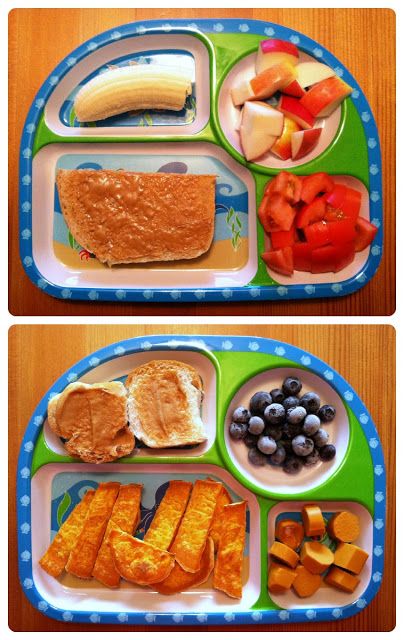 Suitable from 8 months.
Suitable from 8 months.
13. Roasted vegetable kebabs
Chunks of fresh veg, marinated in lemon, pepper and oil and then oven-roasted: yum! Delicious cold the next day, too. Suitable from 9 months.
14. Mild vegetable korma
Five different veggies, gently spiced with curry paste, ginger, coconut and garlic. Suitable from 9 months.
15. Mini jacket potatoes with ratatouille
A super-nutritious multi-veg sauce that goes brilliantly with baked spuds– or even piled on toast slices. Suitable from 9 months.
15. Potato, carrot and courgette rosti
Lovely, grab-able grated-vegetable cakes. Suitable from 9 months.
16. Macaroni cheese with broccoli and cauliflower
A classic dish, with extra veggie heft. Makes enough for 8 portions. Suitable from 9 months.
17. Winter vegetable casserole
A tasty 5-veg stew, with a cheesy breadcrumb topping.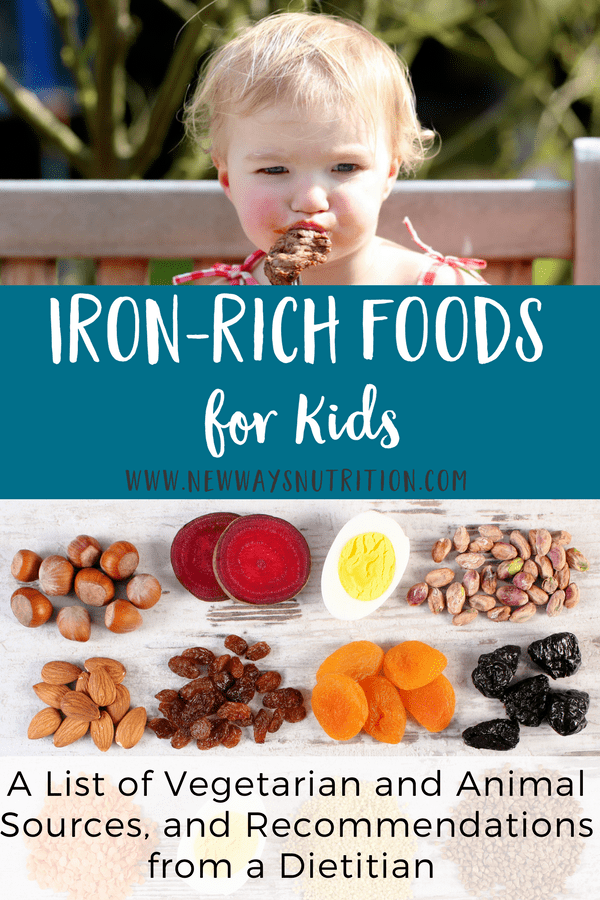 Suitable from 9 months.
Suitable from 9 months.
18. Baby dhal with pitta
Coriander, turmeric and cinnamon add a classic dahl flavour to sweet potato and red lentils. Suitable from 10 months.
19. Rigatoni with five-veg sauce
A Mediterranean green, yellow and red veg fest, topped off with a pinch of organo. Suitable from 10 months.
20. Tortilla (Spanish omelette)
This one's delicious hot or cold – and slices well into baby-finger-size strips for self-feeding. Suitable from 10 months.
21. Aubergine and tomato bake
A tasty 2-veg bake, with layers of melted mozzarella and a sprinkling of Cheddar on top. Suitable from 10 months.
22. Wholesome bean casserole
Kidney beans cooked with carrots, tomatoes, celery, onion and parsley. Lovely with a dollop of yoghurt or grated cheese on top. Suitable from 10 months.
23. Vegetarian nuggets
Broccoli, cauliflower, peppers, carrots and sweetcorn, packed into pick-up-able crispy-coated chunks.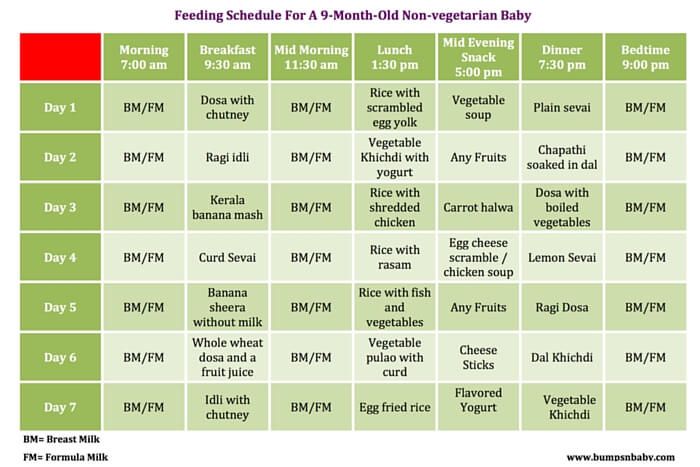 Suitable from 11 months.
Suitable from 11 months.
24. Spinach and parmesan pasta
A little creme fraiche and lemon makes this simple iron-packed pasta dish taste creamy and special. Suitable from 11 months.
25. Vegetable lasagne with green lentils
A lovely lentilly version of the Italian classic, with mustard and cayenne pepper perking up the cheese sauce. Suitable from 11 months.
26. Vegetarian sausages
Onion and carrots rolled in a cheesy breadcrumb coating. Makes 8 large sausages, so you freeze some for another day. Suitable from 11 months.
27. Pepper, broccoli and cheese pasta bake
A super-easy, oven-baked dish, with mushrooms and tomatoes and a melted cheese topping. Suitable from 11 months.
28. Quesadilla fingers
Grilled peppers, cheese and sweetcorn, with a touch of chilli, deliciously squished between folded tortilla. Suitable from 11 months.
Read more. ..
.. - Best baby purees
- Best dairy-free recipes for babies
- How to make your roast friendly for vegans, vegetarians and gluten-free or dairy-free diets
Vegetarian feeding guide for babies and toddlers
Vegetarian feeding guide for babies and toddlers | Pregnancy Birth and Baby beginning of content7-minute read
Listen
If your baby develops a rash, facial swelling or trouble breathing after eating a new food, call triple zero (000) and ask for an ambulance.
Key facts
- Up until around 6 months of age, breastmilk or infant formula is all your baby needs.
- Most babies are ready to start solids at around 6 months old.
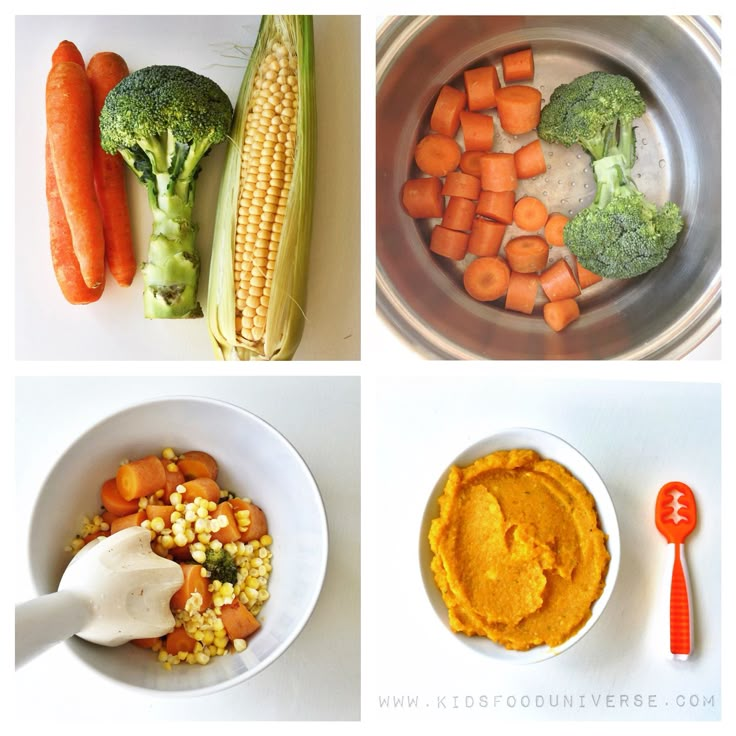
- Vegetarian diets may be low in certain nutrients, so speak to your doctor, child health nurse or a dietitian about ways to ensure your baby gets enough nutrition.
- If your baby will start solids on a vegetarian diet, it’s important that you pay extra attention to ensure they get balanced nutrition.
Does a vegetarian diet pose any risks to my baby?
If your baby will start solids on a vegetarian diet, it’s important that you take extra care to ensure they get adequate nutrition.
Vegetarian diets may be low in protein, iron, zinc, calcium, omega-3 fats and some vitamins such as vitamin B12.
Speak to your doctor, child health nurse or a dietitian about ways to ensure your baby gets enough of these nutrients.
What should I feed my baby at 6 months old?
At around 6 months of age, your baby needs more nutrition than just breastmilk or formula can provide. At this age, they are able to sit up and hold their head without support and they have the necessary tongue control to manage their first solid foods, which should be soft and free of lumps.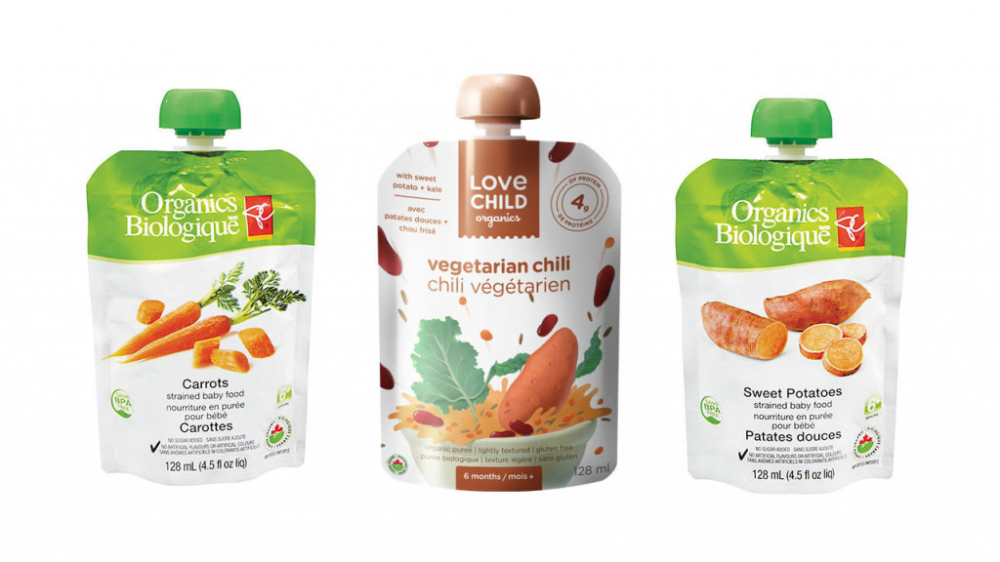 But remember that breastmilk or formula is still the most important food, so provide milk before offering solids.
But remember that breastmilk or formula is still the most important food, so provide milk before offering solids.
At this stage, babies need some extra iron in their diet, so first foods should be rich in iron, such as iron-enriched infant cereal (mixed smooth with boiled, cooled water, breastmilk or formula) and cooked and pureed tofu and legumes.
What should I feed my baby at 6 to 12 months old?
Introduce your baby to a wide range of foods covering all 5 food groups: vegetables and fruits; grain (cereal) foods; protein foods, for example, tofu, legumes, nuts, seeds and eggs; and milk, cheese, yoghurt or alternatives.
It doesn’t matter in which order you introduce new foods, as long as they are prepared in a manner suitable for the baby’s age and developmental stage, and include some iron-rich foods.
Here are some ideas for foods to offer your baby from all 5 food groups:
Vegetables, legumes and pulses, such as:
- cooked and pureed vegetables (for example, pumpkin, potato, sweet potato, carrot, cauliflower, broccoli or zucchini)
- home-made vegetable soups or stock mixed with vegetables
- smooth peanut butter
Fruits, such as:
- cooked and pureed fruit (for example, apple, pear, apricot, peach or nectarine)
- raw, ripe mashed banana or mango
- raw, mashed avocado
- melon or plums, with skins and seeds removed
- dried fruit, such as prunes or apricots, cooked to soften, then pureed
Eggs, fish and meat alternatives
- cooked tofu
- cooked fish, bones removed
- egg that is thoroughly cooked (white is set and yolk begins to thicken)
Dairy products and alternatives, such as:
- milk
- yoghurt
- custard
- cottage cheese or grated cheese
Grains and cereals, such as:
- iron-enriched baby cereals
- toast fingers or rusks
For young babies, remove the skins and seeds from fruits and vegetables.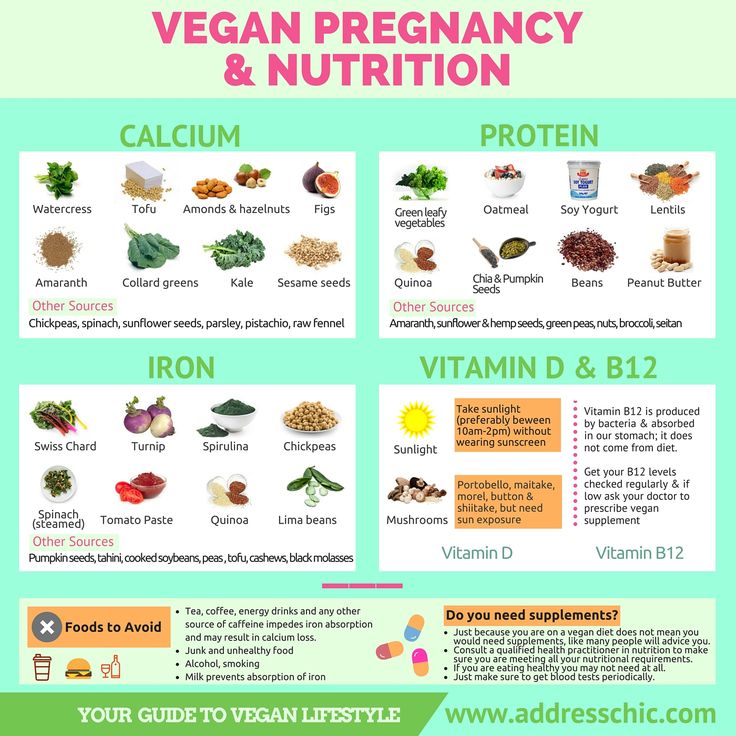
What texture food should I feed my baby?
Your baby will become more interested in a wider range of foods and textures as they grow:
- At 7 to 8 months, babies start to chew thicker food with some soft lumps.
- At 8 to 9 months, they can feed themselves soft ‘finger food’.
- At 12 months, they can eat much the same food as the rest of the family eats.
What foods shouldn’t I give my baby?
Before your baby is a year old, you should not give them honey, products containing uncooked or runny egg, adult breakfast cereals, or cow’s milk as their main drink.
You don’t need to add salt or sugar to your baby’s food.
Don’t feed babies and young children hard or sticky foods that can cause choking, such as whole nuts, whole grapes, popcorn or lollies.
What should I feed my baby after 12 months of age?
After 12 months of age, your child can join in family meals and eat a wide variety of nutritious foods.
Milk remains important for calcium.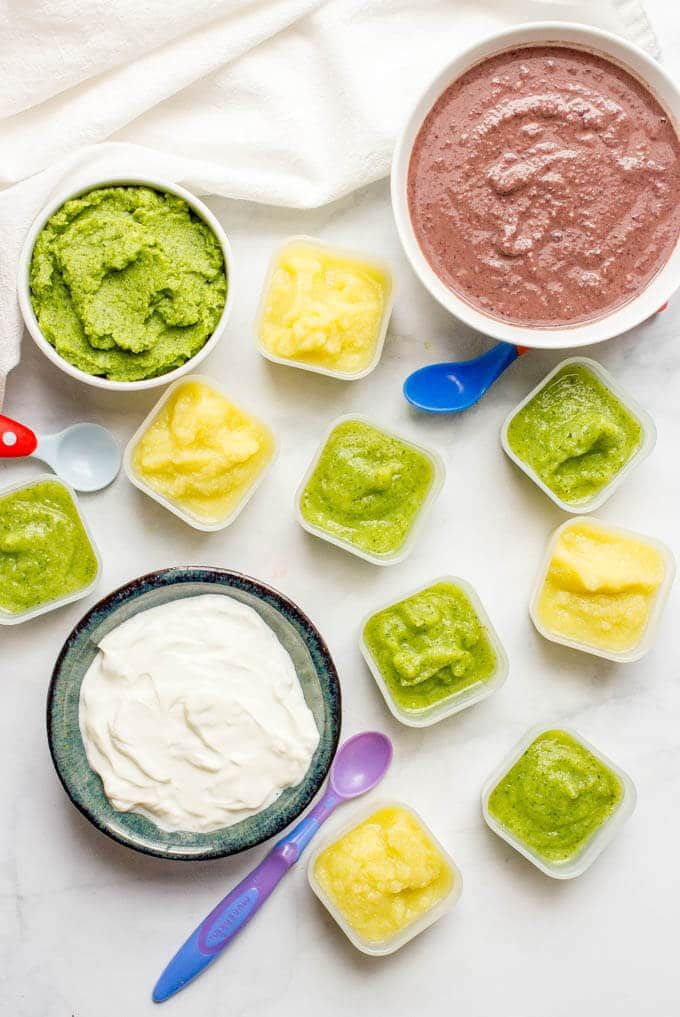 Toddlers should have 1 to 1 ½ serves of dairy per day. A serving of dairy is one cup (250mL) of milk, a 200g tub of yoghurt or 2 slices (40g) of cheese.
Toddlers should have 1 to 1 ½ serves of dairy per day. A serving of dairy is one cup (250mL) of milk, a 200g tub of yoghurt or 2 slices (40g) of cheese.
Starting solids and allergies
Avoiding common allergy foods, such as eggs, peanuts and tree nuts, will not reduce your baby’s risk of developing allergies. It may even increase the likelihood of an allergy developing.
All babies should be given common allergy foods before they are 12 months old. This is the case even if they have severe eczema, another food allergy or if they have a close relative with a food allergy.
If you are concerned about food allergies, speak to your doctor or child health nurse about introducing those foods into your child's diet.
If your baby’s lip, eyes or face swell or if they develop welts on their body after you have introduced a new food, it could be an allergic reaction. Stop feeding the baby and seek medical advice straight away.
If your baby develops a rash, facial swelling or trouble breathing after eating a new food, call triple zero (000) and ask for an ambulance.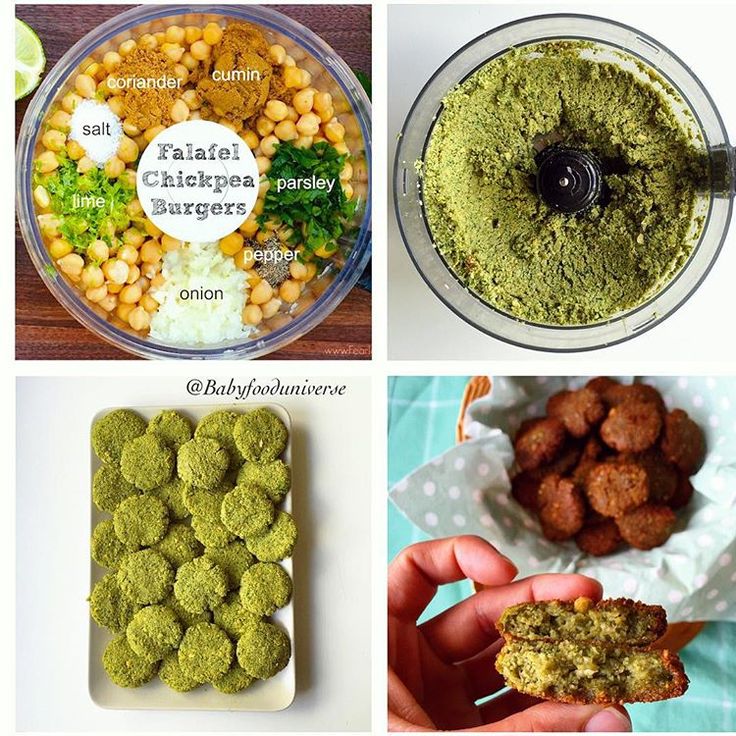
Speak to a maternal child health nurse
Call Pregnancy, Birth and Baby to speak to a maternal child health nurse on 1800 882 436 or video call. Available 7am to midnight (AET), 7 days a week.
Sources:
Australasian Society of Clinical Immunology and Allergy (ASCIA) (How to introduce solid foods to babies for allergy prevention), Department of Health (Eat for health – infant feeding guidelines), Department of Health (Australian guide to healthy eating), Department of Health (Serve sizes), Department of Health (Recommended number of serves for children, adolescents and toddlers), Dietitians Australia (What is a vegetarian diet), Royal Children’s Hospital Melbourne (Guide to foods – baby’s first year), WA Health (Baby’s first foods – Healthy eating from around 6 months)Learn more here about the development and quality assurance of healthdirect content.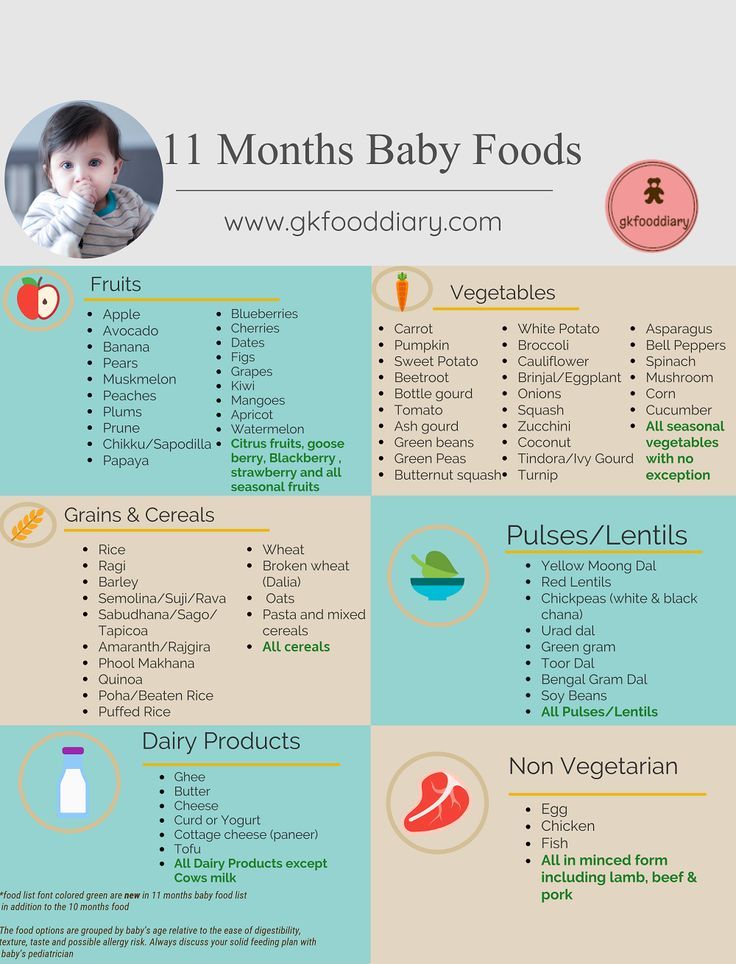
Last reviewed: August 2022
Back To Top
Related pages
- Fruit and vegetables for children
- Healthy eating for your child
- Introducing solid food
- Milk, cheese and yoghurt
Need more information?
Baby’s first foods – Healthy eating from around 6 months
Starting solid food is exciting! It’s not just about eating healthy food – your baby is learning how to eat and to enjoy food, and to experience new tastes and textures. These early days will shape her attitudes to food and eating.
Read more on WA Health website
Introducing solid food
By the time your baby is about 6 months of age, breast milk or formula will no longer provide all the nutrition they need for healthy growth.
Read more on Pregnancy, Birth & Baby website
Food - Ways to boost iron intake for babies, toddlers and children | Sydney Children's Hospitals Network
This information, with its food examples, is intended for educational purposes only and does not constitute SCHN/JHCH endorsement of any branded food product
Read more on Sydney Children's Hospitals Network website
Pregnancy and breastfeeding | Dietitians Australia
Your body needs extra nutrients during pregnancy and breastfeeding. You should also limit or avoid some foods and drinks. Here we look at the do's and don't's of eating while pregnant and breastfeeding, and when you should seek the services of an Accredited Practising Dietitian (APD).
Read more on Dietitians Australia website
Disclaimer
Pregnancy, Birth and Baby is not responsible for the content and advertising on the external website you are now entering.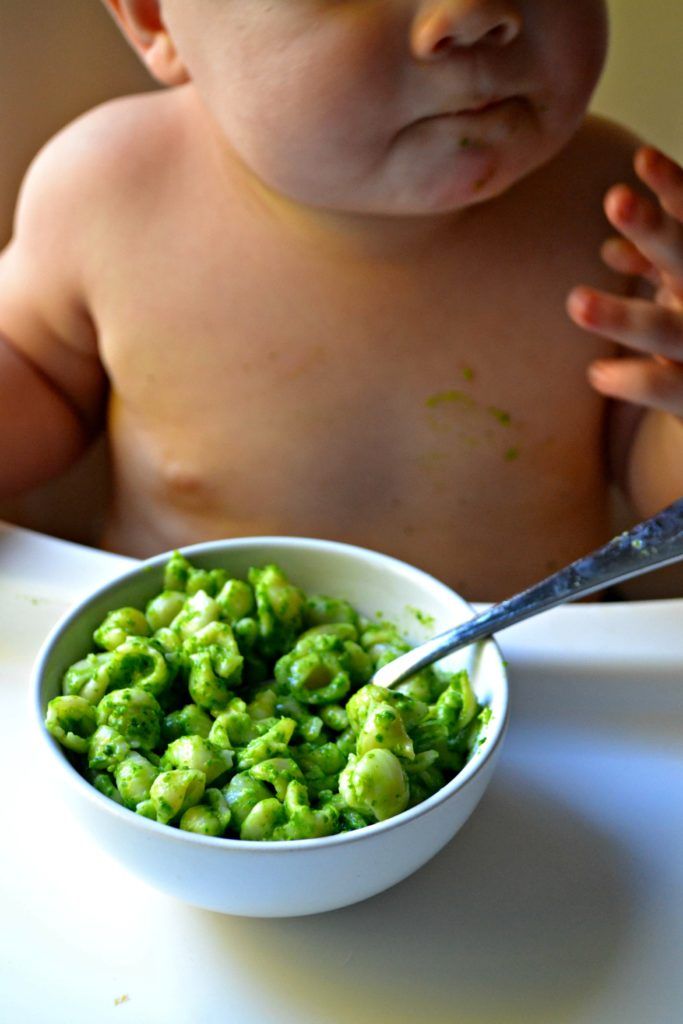
Need further advice or guidance from our maternal child health nurses?
1800 882 436
Video call
- Contact us
- About us
- A-Z topics
- Symptom Checker
- Service Finder
- Linking to us
- Information partners
- Terms of use
- Privacy
Pregnancy, Birth and Baby is funded by the Australian Government and operated by Healthdirect Australia.
Pregnancy, Birth and Baby is provided on behalf of the Department of Health
Pregnancy, Birth and Baby’s information and advice are developed and managed within a rigorous clinical governance framework. This website is certified by the Health On The Net (HON) foundation, the standard for trustworthy health information.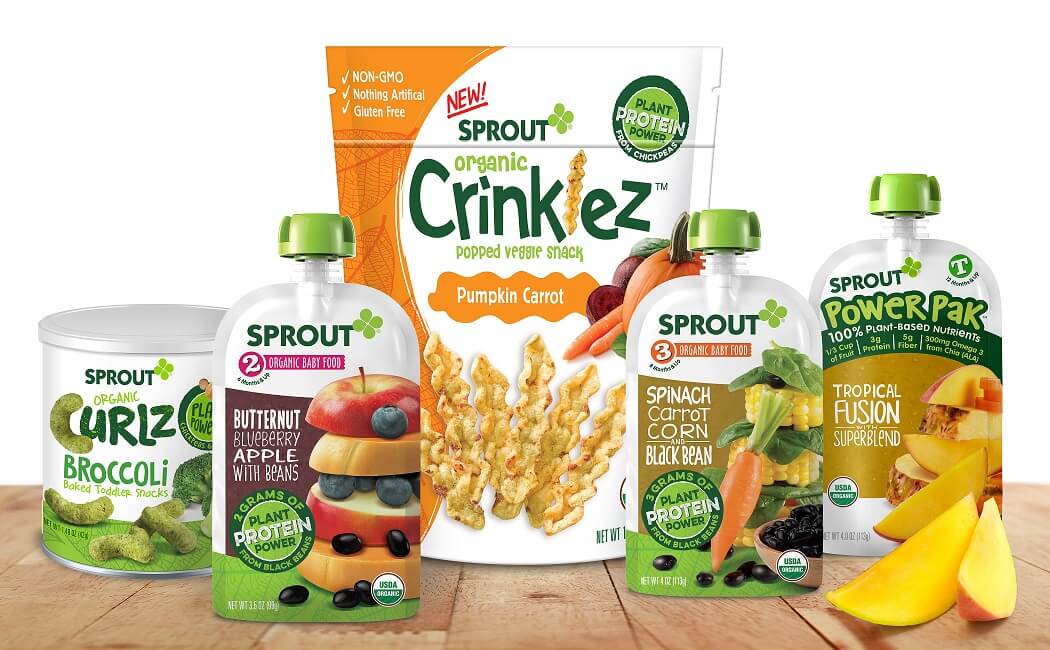
This site is protected by reCAPTCHA and the Google Privacy Policy and Terms of Service apply.
This information is for your general information and use only and is not intended to be used as medical advice and should not be used to diagnose, treat, cure or prevent any medical condition, nor should it be used for therapeutic purposes.
The information is not a substitute for independent professional advice and should not be used as an alternative to professional health care. If you have a particular medical problem, please consult a healthcare professional.
Except as permitted under the Copyright Act 1968, this publication or any part of it may not be reproduced, altered, adapted, stored and/or distributed in any form or by any means without the prior written permission of Healthdirect Australia.
Support this browser is being discontinued for Pregnancy, Birth and Baby
Support for this browser is being discontinued for this site
- Internet Explorer 11 and lower
We currently support Microsoft Edge, Chrome, Firefox and Safari.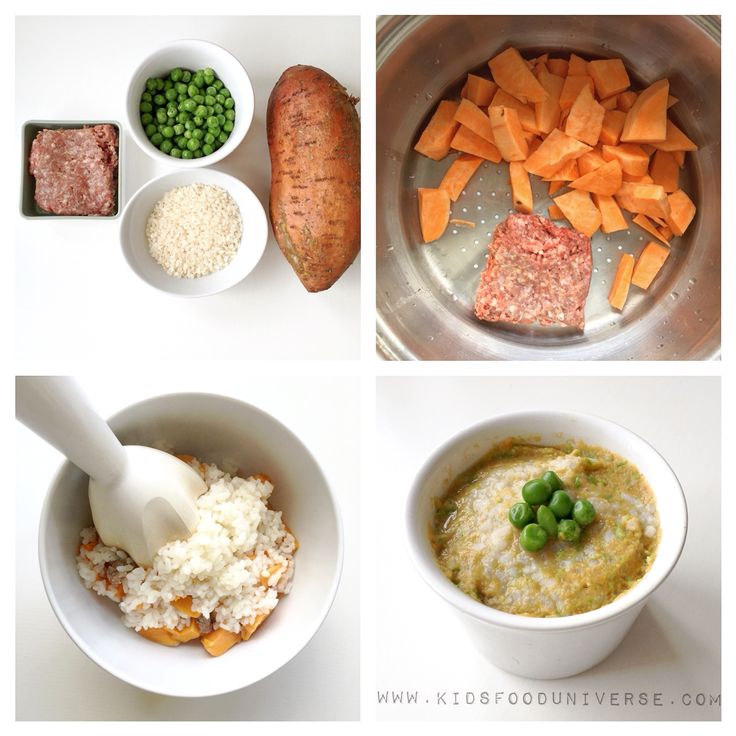 For more information, please visit the links below:
For more information, please visit the links below:
- Chrome by Google
- Firefox by Mozilla
- Microsoft Edge
- Safari by Apple
You are welcome to continue browsing this site with this browser. Some features, tools or interaction may not work correctly.
90,000 children's vegetarian menu for a week (suitable not only to vegetarians)-
Discounts to vegetarians
-
Our newspaper
- beans
- peas
- nut
- soy cheese tofu
- pumpkin seeds
- sesame seeds
- dried apricots
- baked potatoes
- broccoli
- spinach
- watercress
- nuts
Events and events
9000
Repost
I am often asked what my vegetarian child eats. And I decided to share our weekly menu, suddenly someone will be inspired. nine0028
We try not to give sweets (well, sometimes ...) - it seems to me that children under 3 years old do not need them, if only vegan pastries are in my performance. The child receives sugar from honey, dried fruits, fruits.
I enrich dishes with oils.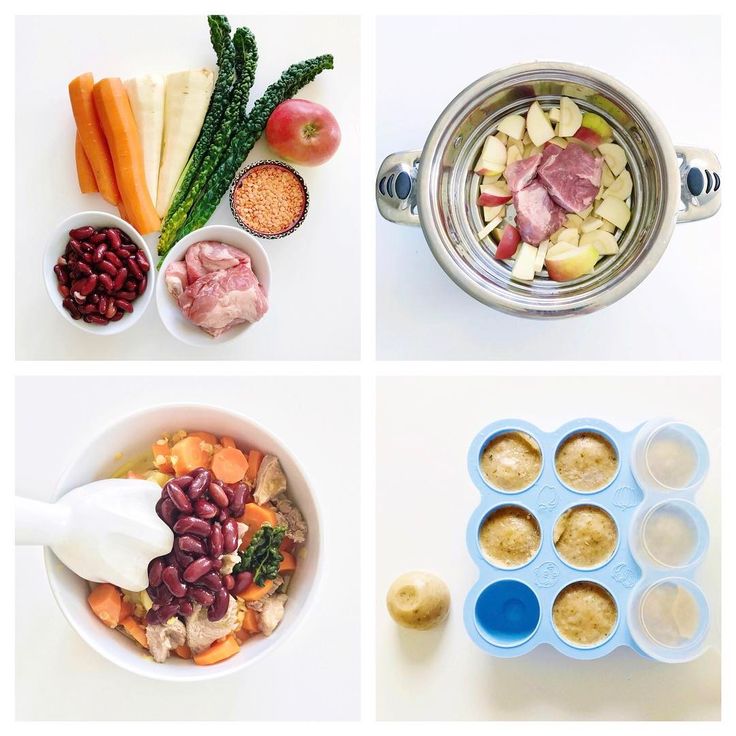 For example, I add sesame oil to morning cereals - a source of omega-3,6,9. In salads - olive and linseed. For toast, bread, pasta, cereals - flaxseed and cedar.
For example, I add sesame oil to morning cereals - a source of omega-3,6,9. In salads - olive and linseed. For toast, bread, pasta, cereals - flaxseed and cedar.
Smoothies with Chia seeds are an excellent source of omega for both children and adults. The slippery grains add texture to the smoothie, they are delicious, very healthy, and are considered a superfood, which, by the way, is inexpensive. During the day, my son only drinks water with lemon, ginger (sometimes honey). No tea, no packaged juices. Sometimes we can buy birch or carrot, but we still try to give our own preparation; I can cook (more precisely, bring to a boil and leave to infuse) compote of dried fruits or frozen cherries and rhubarb. All without sugar, in such a drink, cooled to room temperature, you can add honey to taste if you like. nine0005
The cooking process is reduced to a minimum, we eat only freshly prepared food, we do not reheat or use the microwave. Porridge, basically, I bring to a semi-finished state, then cover with a lid and insist for 7-10 minutes.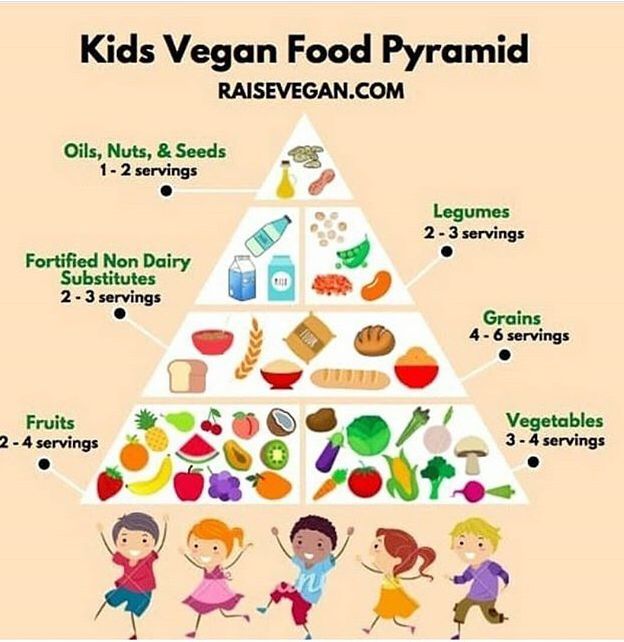 It is also very convenient to cook cereals in a slow cooker.
It is also very convenient to cook cereals in a slow cooker.
Soup is pretty fast. Pour boiling water over fresh or frozen vegetables, cook for 10-15 minutes and turn it off, add vegetable oil (sunflower, olive or other), seasonings, sea salt (I try to alternate, but more often we have Himalayan pink at home) and leave for another 10 minutes, after which I beat in a blender or do not beat, and finally I generously sprinkle with fresh herbs or raw seeds (sunflower, pumpkin). nine0005
Most often I cook vegetables for a couple, but sometimes we like to bake in a bag or on a baking sheet. If I fry something in a pan, then only in butter, coconut oil or ghee (clarified butter). The food acquires a caramel, delicate taste and a beautiful amber color.
My child has snacks twice a day - these can be nuts, dried fruits, rye or corn bread, fruits, vegetables. Fruits - always before meals, then they bring maximum benefit - and not as a dessert after (all because fruits are digested so quickly, within 30 minutes, and do not rot under the pressure of other food).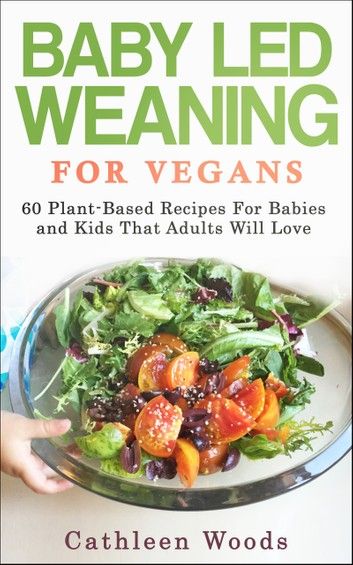 nine0005
nine0005
Now I want to share our weekly menu, which varies depending on the mood, desires, new taste discoveries, as well as adjusted for the season of the year, the country. I try to plan the menu for a week or at least daily in the evening; and if time permits, I like to improvise.
Here is our menu option for the week
Monday
8.00 smoothies: 2 tbsp. l. chia + banana + water nine0005
9.00-9.30 oatmeal on the water with sesame/butter or ghee
11.00-11.30 fresh carrot, apple
13.00 pumpkin soup with whole boiled beans
16.30 a handful of nuts, compote of cherries and rhubarb
19.00 buckwheat with a drop of linseed oil
Tuesday
8.00 raisins, dates, dried apricots
nine.00 pancakes (“nalesniki”) with cottage cheese
13.00 pea soup puree with herbs
16.30 green smoothie - apple juice, spinach, banana, 2 tbsp CHIA
19.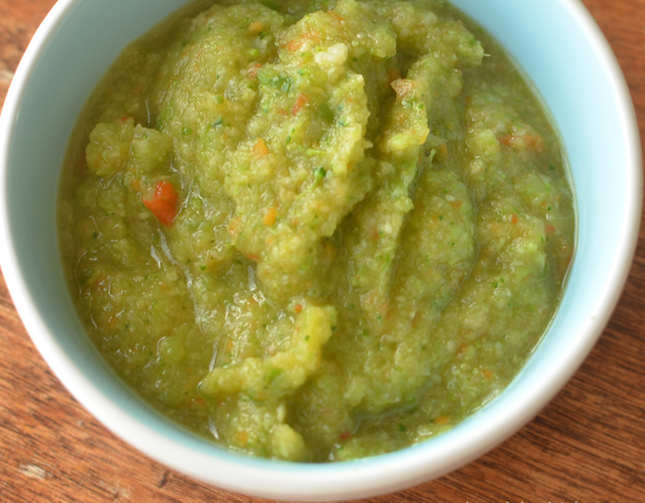 00 pasta (buckwheat, spelled or rye) with spinach, mozzarella and tomatoes
00 pasta (buckwheat, spelled or rye) with spinach, mozzarella and tomatoes
Wednesday
8.00 kiwi pudding with chia + vegetable milk
9.00-9.30 oatmeal
13.00 vegetable soup with herbs
16.30 peanut butter bread
19.00 brown rice with steamed vegetables (broccoli, peas, carrots)
Thursday
8.00 apple
9.00-9.30 apple pie (without eggs) with raw sunflower seeds
11.00-11.30 a handful of nuts
13.00 red lentil puree soup with vermicelli and herbs nine0005
16.30 a glass of carrot juice
19.00 buckwheat with linseed oil and seaweed salad
Friday
8.00 pudding - CHIA + banana + cinnamon + rice milk
9.00-9.30 millet with raisins and prunes
13.00 cauliflower and potato puree soup + with salt and olive oil and bread
16.30 homemade oatmeal cookies, a glass of fresh orange juice nine0005
19:00 barley porridge with carrots and onions
Saturday
8. 00 apple
9.00-9.30 cheesecakes (without eggs) with raisins and sour cream
13.00 green soup - broccoli, peas, celery
16.30 carrot cake (without eggs)
19.00 rice noodles with linseed oil and vegetable salad
Sunday
8.00 banana
9.00-9.30 sandwich - gluten-free rye bread edge with butter, mozzarella cheese, tomato and spinach leaves
13.00 homemade pizza with vegetables
16.30 apple, carrot
19.00 salad with fresh tomatoes, avocado and herbs
Health to all and bon appetit!
nine0005
Alina Shidlovskaya,
mother of two children
Alina Shidlovskaya
Share
0005
Children's vegetarian menu. Vegetarian recipes for children
Vegetarianism is not a diet, it is a philosophy of life. A child can be a vegetarian if that is the philosophy of the family.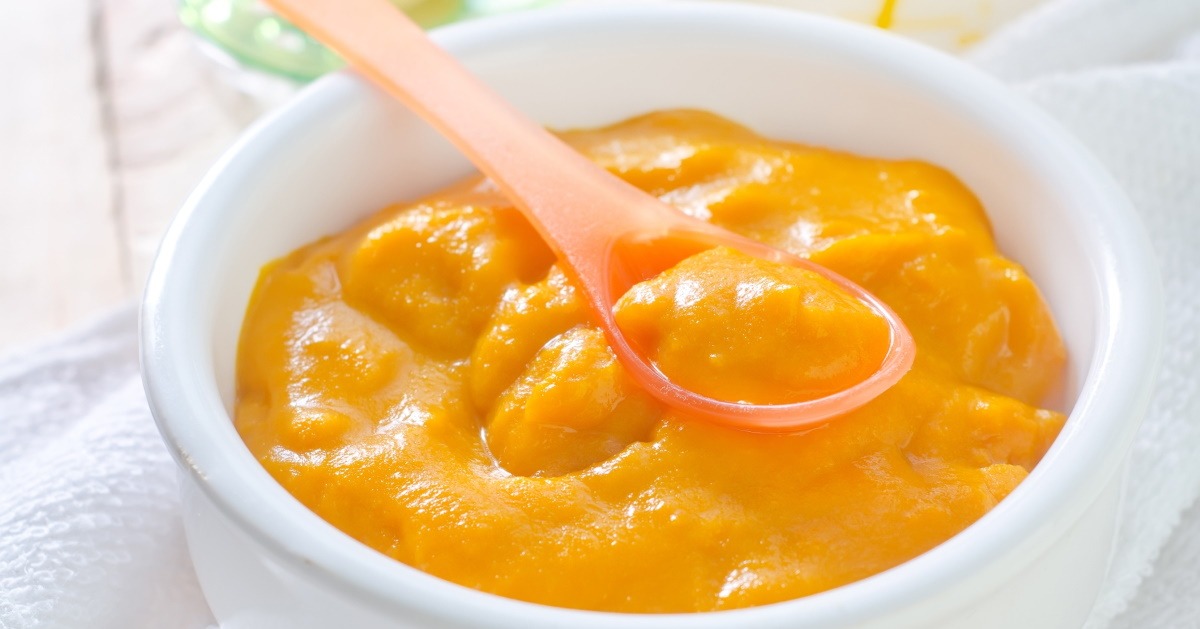 If parents have embarked on this path, they should know that with a high degree of probability the child may be deficient in a number of vitamins and minerals.
If parents have embarked on this path, they should know that with a high degree of probability the child may be deficient in a number of vitamins and minerals.
Things to know about vegetarian diets
Vegetarian diets are high in carbohydrates, dietary fiber, omega-6 fatty acids, vitamin E, folic acid, vitamin C, carotenoids, and magnesium. At the same time, these diets are low in protein, saturated fat, long-chain omega-3 fatty acids, vitamin B12, retinol, vitamin D, calcium, zinc, and iron. nine0005
How to avoid vitamin and mineral deficiencies?
Vegetarian diets that include dairy products and eggs do not generally carry a risk of malnutrition in children. Exclusively plant-based diets, on the contrary, are deficient in certain nutrients.
Particular attention should be paid to the intake of products containing protein. The two main sources of protein are grains and legumes. Among the first: wheat in all its forms (pasta, various cereals), refined or whole grain rice, corn grains or cereals (polenta or hominy), rye, buckwheat, barley, oats, millet. From legumes, you should pay attention to lentils, beans, all types of peas, beans, in the absence of an allergy to soy (soy tofu). Iron will also come with these products. nine0005
From legumes, you should pay attention to lentils, beans, all types of peas, beans, in the absence of an allergy to soy (soy tofu). Iron will also come with these products. nine0005
Choose foods fortified with iron
Known to be the leaders in iron content:
Soaking and sprouting legumes, grains, and seeds is recommended to improve zinc absorption. Calcium with a relatively high level of absorption is found in green vegetables with a low content of oxalates (broccoli, Brussels sprouts). Adequate dietary sources of alpha-linolenic acid are nuts, flaxseed, soybean, canola, hemp and linseed oils. Vegetable oils, nuts, and soy milk are valuable food sources of vitamin D. nine0005
Important!
Children and vegetarianism are compatible, but such children need to be regularly examined, their diet adjusted and shown to a doctor to determine the sufficiency of vitamins and minerals.